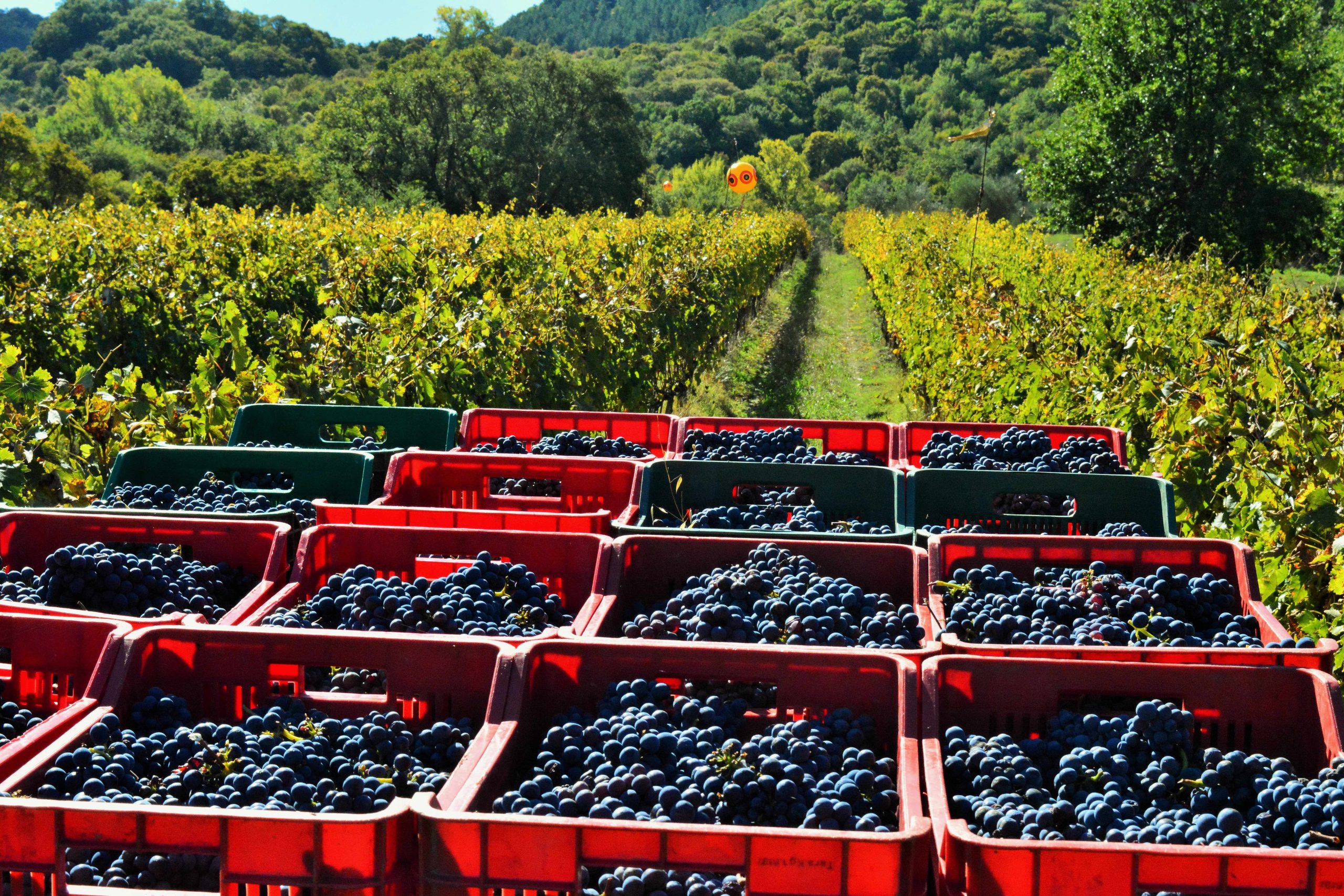Budget live: UK freezes alcohol duties and abolishes business rates for small retailers
The UK’s Chancellor of the Exchequer has frozen alcohol duties for spirit, wine and beer, and abolished business rates for the year for hundreds of thousands of small retailers and businesses in the hospitality sector.
Chancellor Rishi Sunak, who only took on the role last month, has cut a planned increase in duty across spirits, wine and beer, noting it was only the second time in 20 years that all alcohol duties had been frozen and reiterated the upcoming review of UK alcohol taxation that was unveiled during the Queen’s speech.
He also singled out the value of Scotch to the Scottish food and drink industry as he unveiled £1m of support package to promote Scottish food and drink oversees, along with a £10m R&D package to support distilleries going green.
He also promised the government would put pressure on the US administration to remove the harmful tariffs that were harming the industry.
“Duties Scotch is a crucial industry and our largest food and drink export. My Scottish colleagues have highlighted to me the impact the recent US tariffs are having, we will continue to lobby US government to remove these harmful tariffs,” he promised.
Stimulus to minimise economic impact of coronavirus (Covid-19)
Sunak today unveiled a £30 billion fiscal stimulus to get the UK through the economic impact of coronavirus. As part of the measures, he promised the government would refund Statutary Sick Pay (SSP) in full for two weeks for businesses who employed less than 250 people and that statutory sick pay would be paid to people who choose to self-isolate, even if they don’t have symptoms. A temporary coronavirus business interruption loan scheme’ is also being established to support small and medium-sized businesses.
He also abolished for a year business rates bills for businesses with a rateable value less than £51k, including those in the hospitality and leisure sectors as well as retailers, and unveiled a £3,000 grant for business that would not eligible for the small business rates relief.
“This is a £2bn cash injection direct to 700,000 of our smallest businesses,” Sunak told the House of Commons.
He also said that he would launch a fundamental review into business rates at the Autumn Budget.
He also raised the business rate discount for small pubs from £1,000 to £5,000, describing pubs as the centre of community life but saying that too many had closed over the last decade.
“We’ve already promised to introduce a business rate discount of £1,000 for small pubs but I’ve heard calls from many colleagues and right honourable members that we need to do more for pubs, esp given the possible impact of coronavirus on our pubs. Today, exceptionally for this year the business rate discount for pubs will not be £1000, it will be be £5.000,”
Other measures that will affect businesses include a commitment to boost the national living wage to £10.50 an hour by 2024, and the threshold for National Insurance will be increased next month to £9,500, up from £8,632.
Click below to read industry reaction to the Budget
Industry reaction
Wine & Spirits Trust (WSTA):
The WSTA’s chief executive Miles Beale said the decision to freeze wine and spirit duty was a welcome move for British businesses, pubs and the wider hospitality trade, and a victory for the organisation’s hard fought campaign to help cash-strapped consumers keep costs down as the UK approaches “a new trading landscape” post-Brexit.
“While he’s not cut duty, it is reassuring that in his first Budget, the Chancellor Rishi Sunak has taken steps to redress the UK’s excessively high duty rate. He has shown he in in touch with the British consumers from all walks of life who want to enjoy a drink without getting stung by further tax hikes,” he said.
“In particularly the UK’s 33 million wine lovers – a large proportion of whom are women – are expressing a sigh of relief, after they were singled out in the last Budget.”
Scottish Whisky Association (SWA)
The chief executive of the SWA Karen Betts welcomed the measures, noting the excise duty on spirits had been frozen for nearly three years now. However, she argued that the whisky industry needs continued support, through the upcoming review of UK alcohol taxation and during the time that exports were subject to a 25% US tariff, which have been in place since October.
“The fact remains that duty on spirits in the UK is already very high and puts Scotch Whisky at a competitive disadvantage to wine, beer and cider, with £3 in every £4 spent on an average-price bottle of Scotch Whisky going to the government in tax,” she said.
“The review of alcohol taxation is an important opportunity to address that. The Treasury should move quickly to ensure that alcohol taxation is clearer for consumers, fairer for producers and that it supports important domestic products like Scotch Whisky.
Partner Content
The SWA noted that the duty rate on spirits remained £28.74 per litre of pure alcohol, meaning that of the £14.61 average price of a bottle of Scotch Whisky, £10.49 is collected in taxation through duty and VAT. The tax burden on Scotch Whisky remains 72% and it noted that spirits continue to be taxed at a higher rate per unit of alcohol than any other category – 16% more than wine and 256% more than cider.
Diageo:
Dayalan Nayager, managing director of Diageo Great Britain, Ireland and France, also welcomed the duty freeze.
“[It] will provide much needed stability in these difficult times for the industry. We are delighted that he announced his intention to reform the duty system to bring fairness for Gin and Scotch whisky, which should ensure that these iconic home grown products no longer face punitive levels of tax. Drinkers across the country will raise a toast to the Chancellor tonight. The Government’s measures to help the hospitality and retail sectors will also be a welcome move for our customers, their employees and consumers in general,” he said.
Tax law firm Gowling on rates relief:




